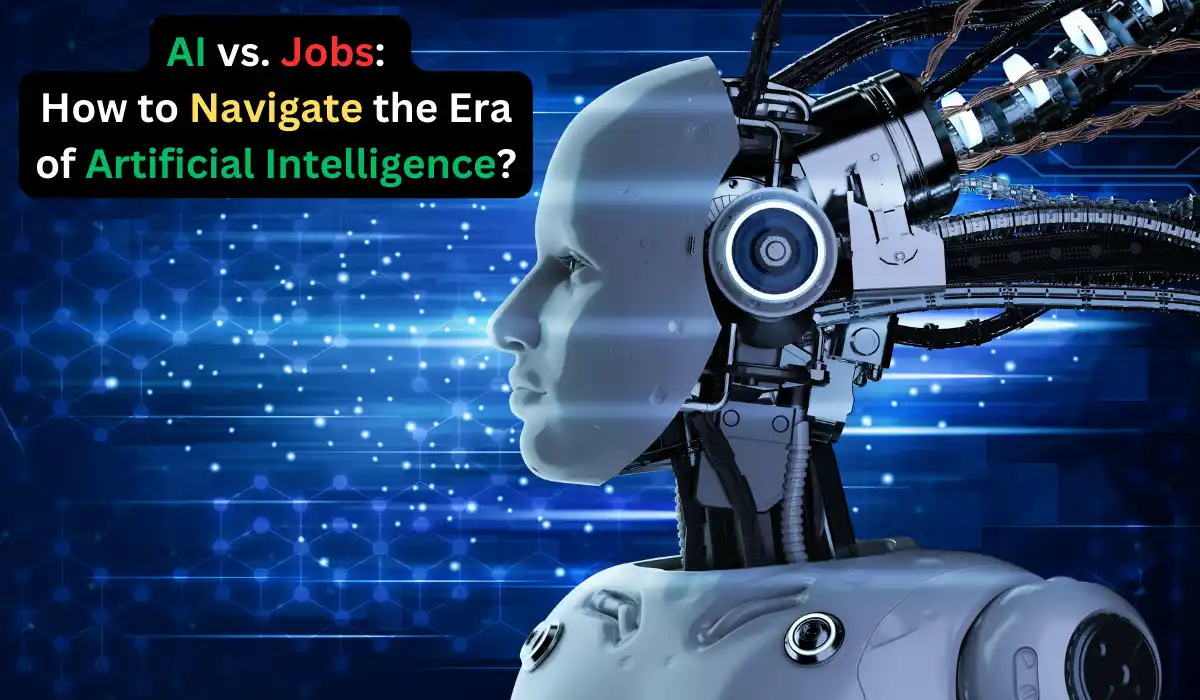
Dealing with AI: Navigating the Present and Future Landscape
Introduction
In the ever-evolving landscape of technological advancements, artificial intelligence (AI) has emerged as a transformative force, permeating our daily lives in unexpected ways. From the realm of academia to the legislative corridors, AI has sparked discussions, ranging from its potential to its ethical implications. In this comprehensive exploration, we delve into the multifaceted facets of AI, dissecting its influence on various spheres, including education, employment, and regulation.
The Pervasive Influence of AI
On a seemingly ordinary Christmas day, the intrusion of AI into our lives became evident as a friend greeted our group via a messaging app, utilizing the prowess of artificial intelligence. What began as a novel approach soon transformed into a tool capable of generating entire essays, causing a ripple effect in education where students sought refuge from their academic responsibilities. As AI expanded its reach, it transitioned from a source of humor, manifesting in memes and face-altering applications, to a catalyst for ethical debates, especially within the realm of art.
Legislative Response: Balancing Innovation and Job Security
In response to the rapid integration of AI into workplaces, lawmaker Juan Carlos Atayde proposed House Bill No. 9448, aptly named the Protection of Labor Against Artificial Intelligence Automation Act. This legislative move aims to regulate the utilization of AI for administrative tasks, emphasizing the need to protect job security and discourage the sole reliance on AI in hiring and firing decisions.
Embracing and Fearing the Future
The dichotomy of embracing or fearing new technology is not a novel dilemma. Harking back to the ’90s, warnings about the dangers of excessive telephone use and the vilification of television resonate with the cautionary tales surrounding digital screens today. The discourse on the perils of the internet and social media has only heightened, underscoring the perennial challenge of striking a balance between embracing progress and safeguarding against potential pitfalls.
Adapting to Change: A Divergent Perspective
While some view new technology through a lens of fear, early adopters focus on extolling its virtues. As AI became accessible, companies seized opportunities to integrate it into various facets of their operations. Chatbots, ranging from helpful to potentially harmful, became widespread, highlighting the need for ethical considerations to keep pace with technological evolution.
Ethical Considerations: Navigating the Evolution of Technology
One glaring issue in the technology landscape is the rapid evolution of technology outpacing ethical frameworks. Regulations often emerge reactively in response to disasters arising from misuse. Drawing parallels with the internet’s trajectory, it becomes imperative to learn from history and proactively address potential risks associated with AI.
Technology’s Promises and Realities
The promise of technology easing our lives doesn’t always align with reality. Despite the advent of appliances and software designed to streamline tasks, the reality is that our lives have become busier than ever. Multiple income streams are often necessary to sustain a basic lifestyle, and the automation of one task merely redirects our attention to more complex endeavors.
The Unfolding Realities of Work and Education
In the realm of education and work, the fear of technology rendering humans obsolete is palpable. While adaptation is part of the human experience, the challenges lie in the time and resources required for retraining and respecialization. The advent of AI, while holding promise, necessitates a cautious approach, considering the potential collateral damage, as witnessed in the unfolding jeepney modernization crisis.
Looking Ahead: Proactive Regulation and Responsible Innovation
As AI becomes an undeniable part of our reality, the need for comprehensive regulation and responsible innovation cannot be overstated. Conversations surrounding AI’s ethical use, its impact on the workforce, and potential societal implications must happen now to avoid repercussions down the road.
Conclusion
In conclusion, the advent of AI has ushered in an era of both promise and apprehension. As we navigate this technological landscape, the key lies in proactive regulation, responsible innovation, and a nuanced understanding of AI’s multifaceted impact. The challenges are real, but so are the opportunities. Embracing the future of AI requires a delicate balance between progress and ethical considerations.





